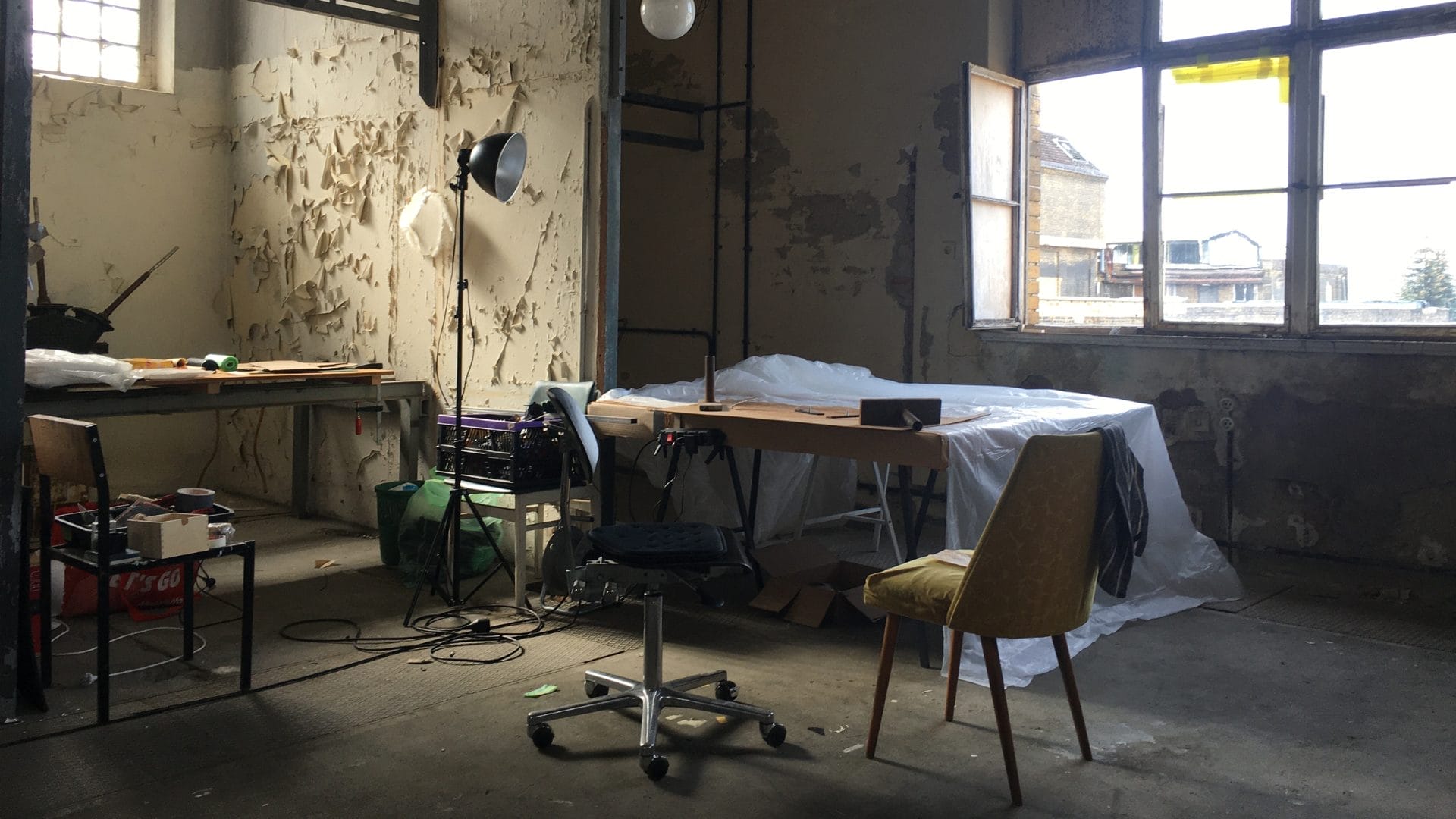
Yazid: The Art of Simplifying Complexity
Yazid is an artist from Brunei who uses code and algorithms to produce works of generative art influenced by minimalism, symbolism, and analog and digital media.

Yazid ‘s Artistic Evolution: The Origins
Growing up connected to the internet and fascinated with technology, Yazid’s first interaction with generative art occurred in his teens, when he began experimenting with Flash, ActionScript and HTML, making interactive animations and websites.
During this time he instantly developed a passion for visual arts and graphics, but was also drawn to the logic and efficiency of computers and programming, ultimately leading him to pursue a more pragmatic route and major in Interactive Media at university, as well as in Human Computer Interaction (HCI) — studies that still influence his work today, particularly the concept of creating a feeling between digital and analog, between man and machine.
“I used to be fascinated by the ability to make a computer do something I told it to. Now I’m finding ways to make it do things I didn’t tell it to.”
___ Yazid
In the years following, while identifying as a creative, Yazid recalls how he struggled with accepting his identity as an artist, and eventually began a career in graphic design and later in software development, working on websites, apps, and various creative projects as a freelancer and personal side projects.
A decade later marked a breakthrough in this regard, when he discovered NFTs while researching blockchain technologies and eventually, generative art, finding in this medium a way to combine his creative and analytical skills.
In February of 2021, Yazid minted his first work.
To date, Yazid’s work has been collected by more than 1000 collectors and exhibited worldwide including in Singapore, Frankfurt (Museum Angewandte Kunst), Lugano, Hong Kong (Art Basel 2022), Valencia, London, Marfa, and Miami Beach (Art Basel 2022).

Coded Creativity: Inside Yazid ‘s Generative Art Experimentation
Yazid’s gradual transition into a digital art therefore began with a fascination with using code and systems to create meaningful, experimental creations — ultimately leading him to join generative art platform FxHash and mint ‘Hashed Arcs’, project #44 on the platform.
When it comes to his creative process, Yazid mentions how he does not follow a specific guideline but rather constantly does random explorations, which end up less about the outcome but more about the process and the practice.
“I enjoy the process of immersing myself in code. Sometimes being in this state reveals unexpected parallels with my own personal experiences.”
___Yazid
However, in terms of inspiration and the starting point, he does follow a few common processes, which include replicating things that he has seen in nature or in other artwork, including the creations of early computer artists including Manfred Mohr, Michael Noll, Georg Nees, Vera Molnar to name a few.
But he is also influenced by simplified flat design, 60s graphic design, geometry and mathematical visualizations.In most cases, he repurposes some code created throughout the process to achieve a particular goal — a sort of prompt that drives him towards experimentation, interpretation, and rework before execution and the final outcome.
This leads to a work that is heavily conceptual, incorporating abstract expressions and explorations that challenge the status quo, hard edge minimalism with its precision and simplicity, and digitally textured creations that create a tangible connection with the viewer.Part of the Fakewhale Cross GENERATIVE curated release in June 2023, Yazid created ‘Split‘, a piece that represents the myriad ways that we are divided every single day.
As a result of weeks spent refining the polygon clipping algorithm, ‘Split’ is a slowly evolving piece that changes every day: using JavaScript and SVG, Yazid has created an interactive, real-time piece that allows viewers to experience the artwork’s evolution.
Reflecting its minimalist aesthetic, the underlying code is equally succinct, making ‘Split’ a unique amalgamation of simplicity and complexity.

The Tech-infused Canvas: Yazid’s Approach to Generative Art
In a landscape where art and technology are often viewed as disparate worlds, Yazid leverages technology to convey elements of autonomy, randomness, and repetition, expanding the horizons of artistic exploration and innovation.
In his creations, creativity thrives amid binary syntax, illuminating tangible aspects of the digital world and breathing life into the abstract.
His work is a dynamic interaction between the structured world of algorithms and the fluidity of art, continuously challenging our conventional understanding of art, ultimately urging us to recognize the poetic quality that lies within the logical rigidity of code.
fakewhale
Founded in 2021, Fakewhale advocates the digital art market's evolution. Viewing NFT technology as a container for art, and leveraging the expansive scope of digital culture, Fakewhale strives to shape a new ecosystem in which art and technology become the starting point, rather than the final destination.
You may also like
Fakewhale In Dialogue with Dominic Kießling
In an era dominated by augmented reality, artificial intelligence, and immersive media, German artis
In Dialogue with Lolo & Sosaku
Introducing Lolo & Sosaku Artist: Lolo & Sosaku – Birthplace: Buenos Aires, Argentina,

In conversation with Frederik Vanhoutte
This episode of Fakewhale Live, host Jesse Draxler chats with visual artist Frederik Vanhoutte who i



